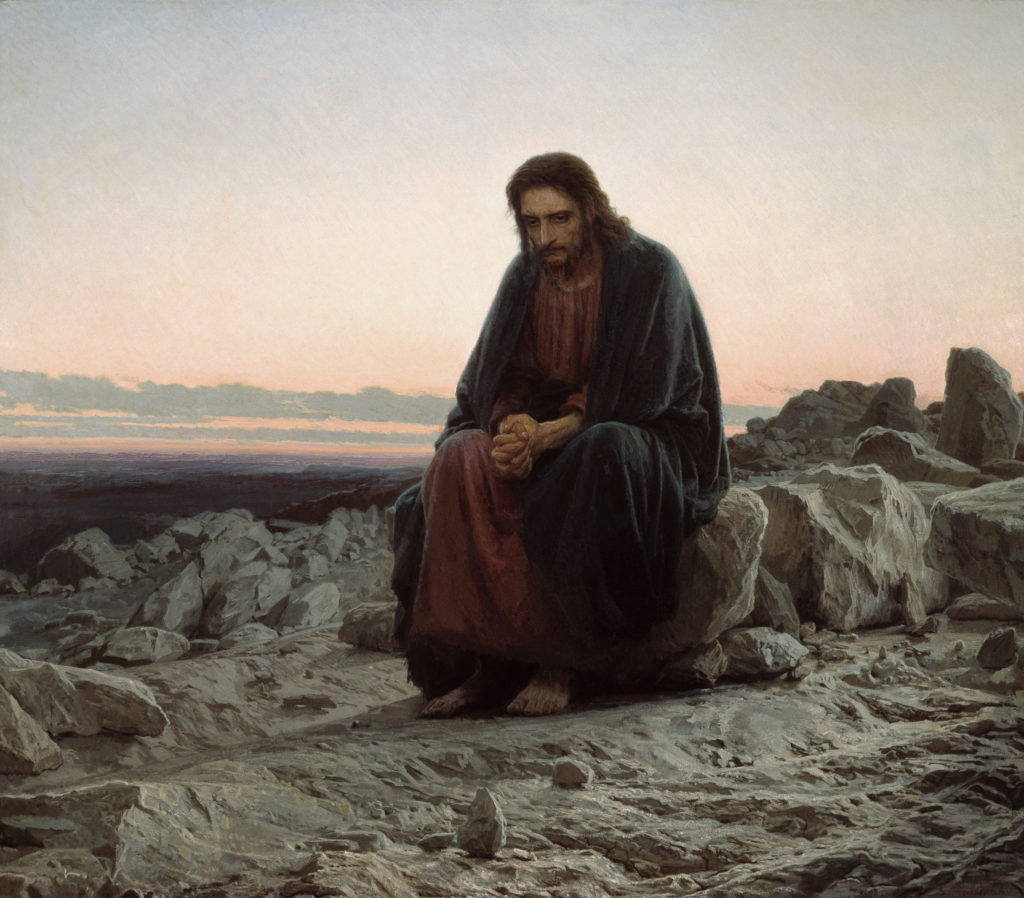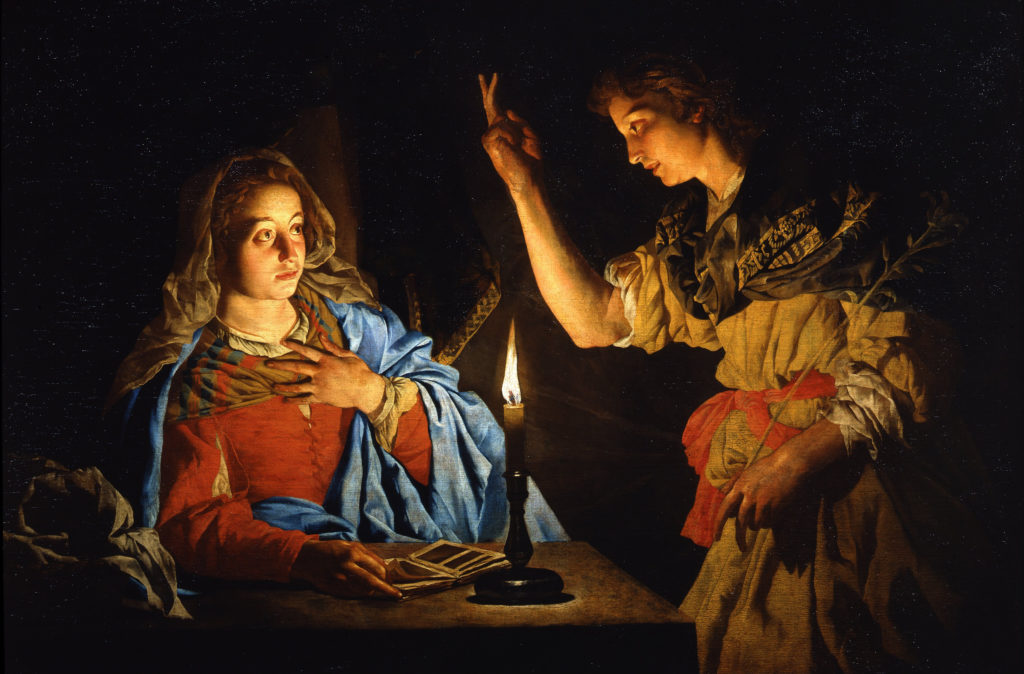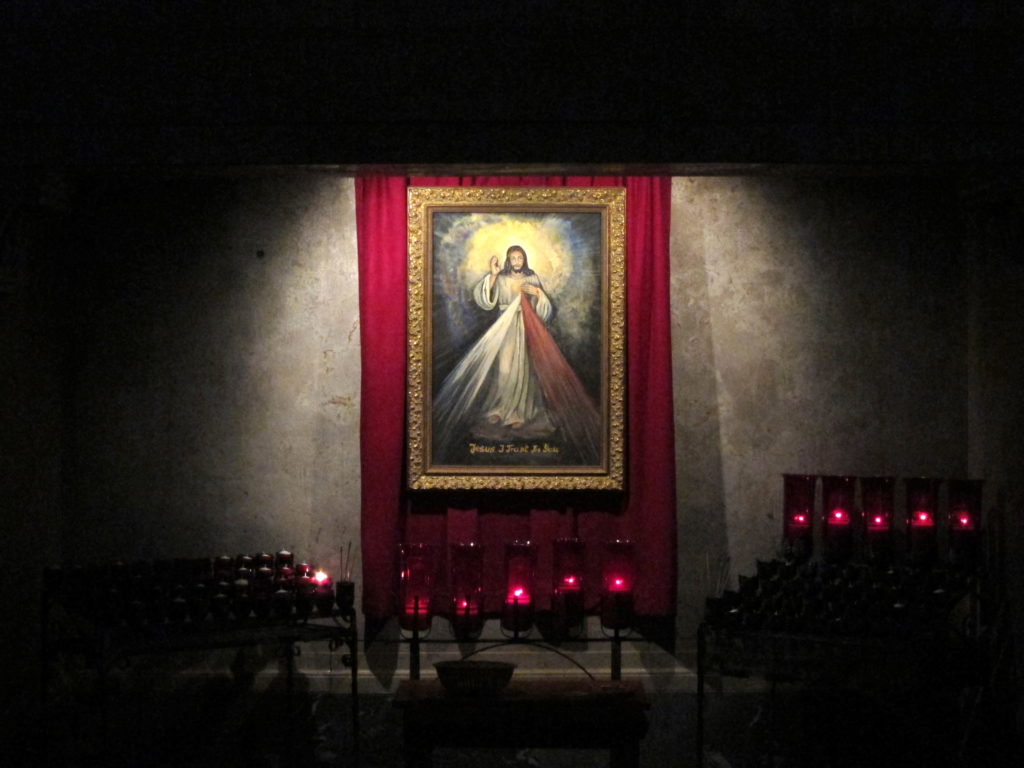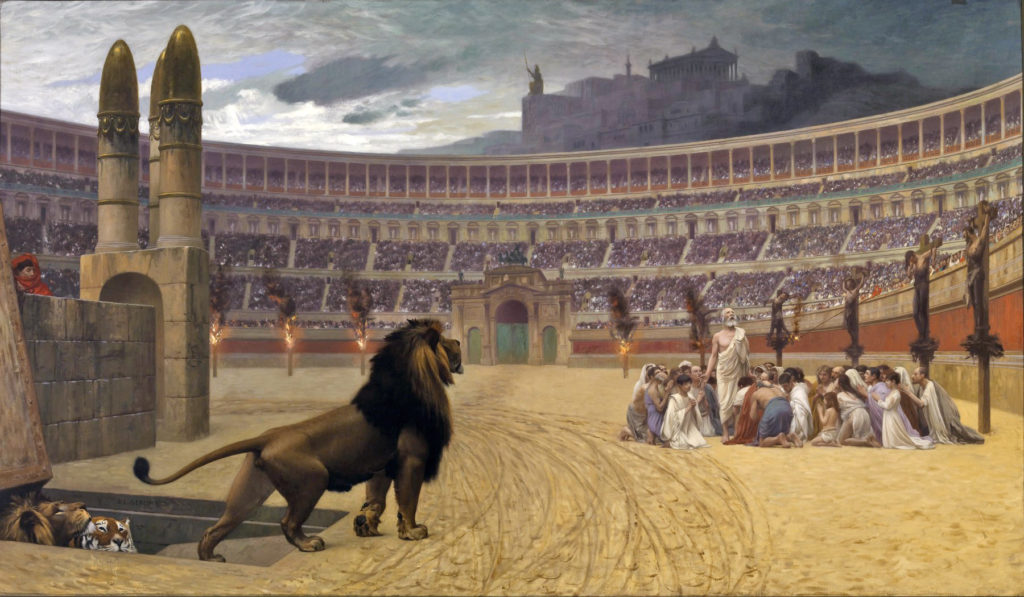What the Rosary Teaches Us About Spiritual Persistence
As a father of two boys, I can sympathize with those who face the never ending battle of trying to keep a clean house. No sooner have I vacuumed the floor that one of my boys starts jumping on the sofa and knocks down a leftover bowl of cereal. Or I just finish cleaning a […]
What the Rosary Teaches Us About Spiritual Persistence Read More »










